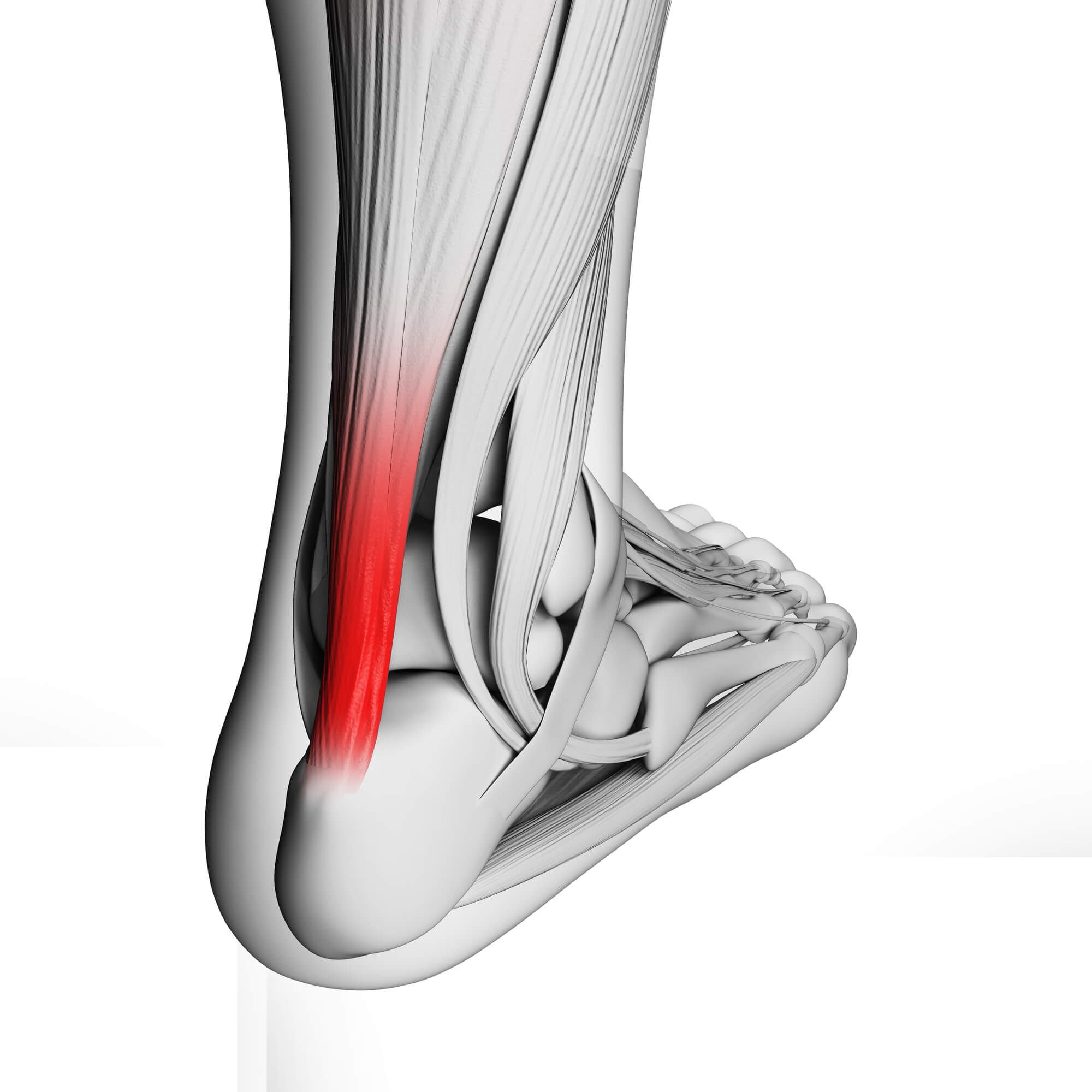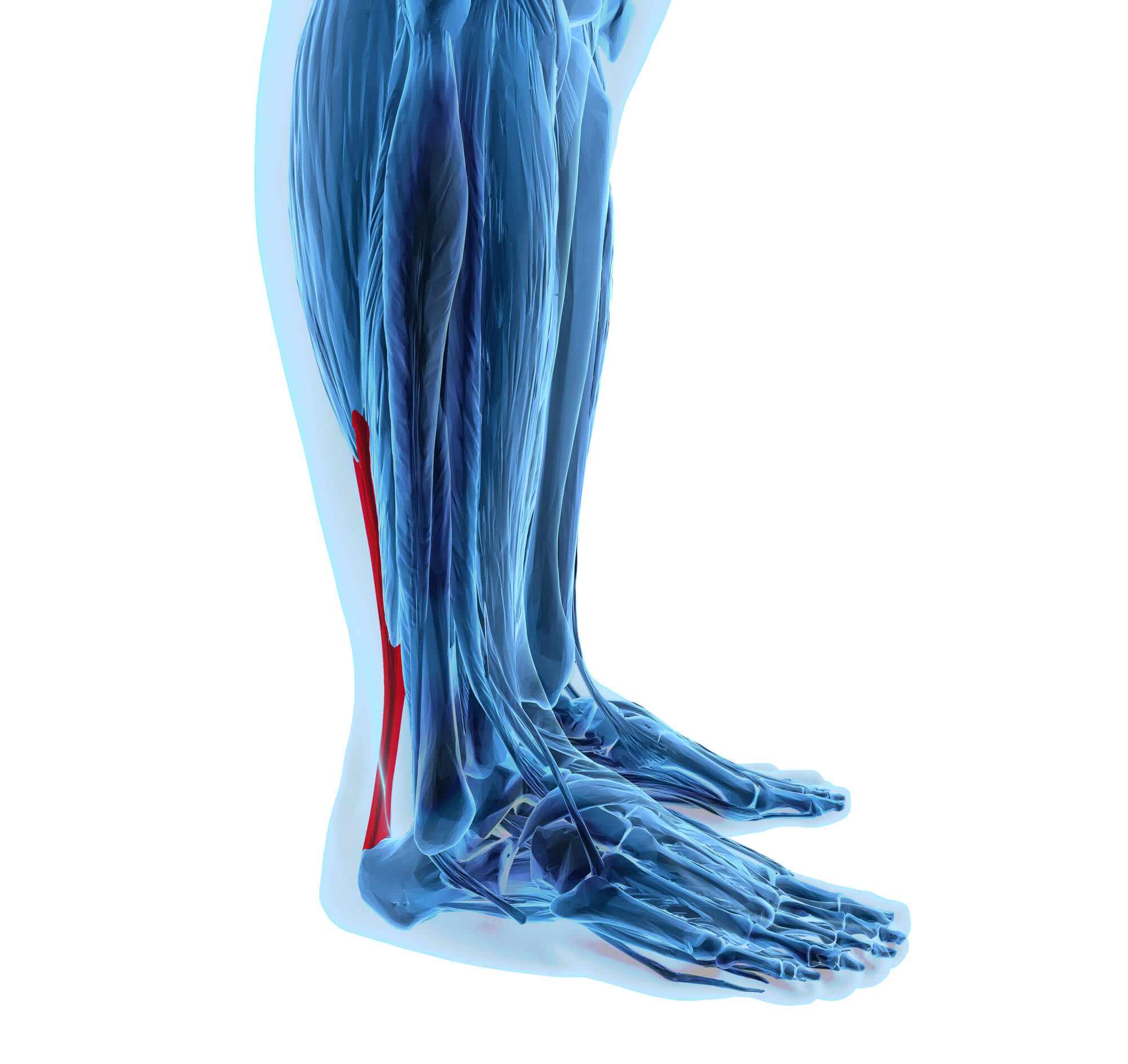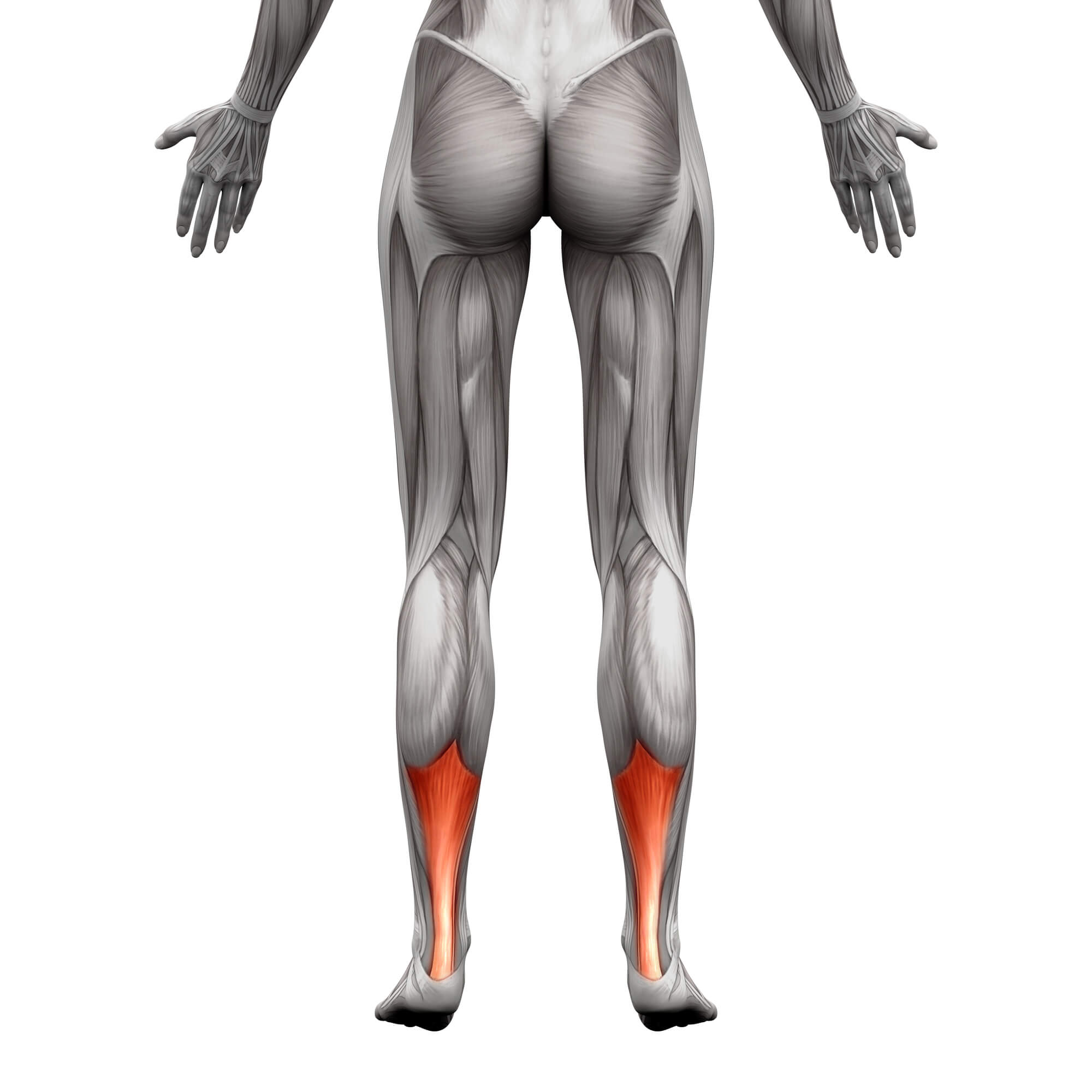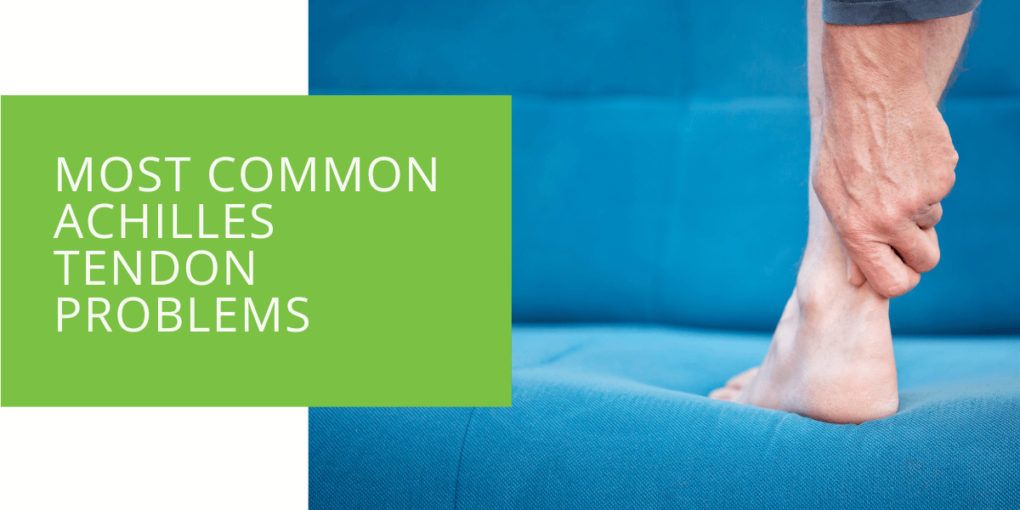Most Common Achilles Tendon Problems and How to Treat Them
The Achilles tendon is one of the most important tendons in the body, connecting the calf muscles to the heel bone. It's essential for activities like walking, running, and jumping. However, the Achilles tendon is also susceptible to injury, and problems with this tendon can be painful and debilitating. In this article, we'll discuss the most common Achilles tendon problems, including Achilles tendinitis, Achilles tendinosis, and Achilles tendon rupture, and provide tips on how to treat them. We'll also cover prevention strategies to help reduce the risk of Achilles tendon problems. If you're experiencing pain or discomfort in your Achilles tendon, this article is for you. Read on to learn more about how to protect this vital part of your body.
Common Achilles Tendon Problems
Achilles Tendinitis
Achilles tendinitis is a common injury that occurs when overuse of the Achilles tendon causes inflammation. This type of injury is common in athletes who participate in activities that require sudden stops and starts, such as basketball or tennis. Some common causes of Achilles tendinitis include:
- Overtraining or sudden increase in activity level
- Wearing improper shoes
- Tight calf muscles
- Bone spurs
- Obesity
Symptoms of Achilles tendinitis include pain and swelling in the back of the heel, stiffness in the calf muscles, and a limited range of motion. Treatment options for Achilles tendinitis include:
- Rest and ice
- Physical therapy
- Medications
- Surgery (rare cases)

Achilles Tendinosis
Achilles tendinosis is a chronic condition that occurs when the Achilles tendon is overused for an extended period. It results in the degeneration of the tendon and can cause pain and weakness. Common causes of Achilles tendinosis include:
- Overuse or repeated stress on the tendon
- Aging
- Poor blood supply to the tendon
- Tight calf muscles
Symptoms of Achilles tendinosis include pain and stiffness in the Achilles tendon, a thickening of the tendon, and reduced flexibility. Treatment options for Achilles tendinosis include:
- Rest and ice
- Physical therapy
- Medications
- Extracorporeal shockwave therapy
- Surgery (rare cases)
Achilles Tendon Rupture
An Achilles tendon rupture is a severe injury that occurs when the tendon tears or ruptures. It's most common in people who participate in activities that require sudden stops and starts, such as basketball or tennis. Common causes of Achilles tendon rupture include:
- Overuse or repeated stress on the tendon
- Aging
- Poor blood supply to the tendon
- Taking certain medications, such as steroids
Symptoms of Achilles tendon rupture include sudden and severe pain in the back of the ankle or calf, a popping sound, swelling, and difficulty walking. Treatment options for Achilles tendon rupture include:
- Surgery
- Conservative treatment (rare cases)

How to Treat Achilles Tendon Problems
The treatment of Achilles tendon problems will depend on the type and severity of the injury. Here are some common treatment options:
Rest and Ice
Rest and ice are essential components of the treatment of Achilles tendon problems. Resting the affected area and applying ice for 20 minutes at a time is essential to reduce pain and swelling. Rest may mean reducing or stopping the activity that caused the injury. It's important to avoid putting weight on the affected foot and ankle as much as possible to allow the tendon to heal.
Physical Therapy
Physical therapy is an effective treatment for Achilles tendon problems. Physical therapists can help patients recover from an injury and prevent future problems. They can teach patients stretches and exercises to improve flexibility and strength, and reduce pain. Physical therapy can also include massage, ultrasound, and electrical stimulation to promote healing.
Medications
Medications like nonsteroidal anti-inflammatory drugs (NSAIDs) can help reduce pain and inflammation. NSAIDs like ibuprofen and naproxen are available over-the-counter and can be taken as directed. Your doctor may also prescribe stronger pain medications or corticosteroid injections to reduce inflammation.
Extracorporeal Shockwave Therapy (ESWT)
Extracorporeal Shockwave Therapy (ESWT) is a non-invasive treatment that uses shockwaves to promote healing. During the treatment, high-energy sound waves are directed at the affected area to stimulate blood flow and promote healing. ESWT is effective in treating chronic Achilles tendinopathy.
Surgery
In severe cases, surgery may be necessary to repair or replace the Achilles tendon. Surgery may be recommended for patients with a complete Achilles tendon rupture or those who have tried other treatments without success. Surgery involves making an incision in the skin and reattaching the tendon to the heel bone. The recovery period after surgery can take several months, and physical therapy is usually required.

Prevention of Achilles Tendon Problems
Prevention is the key to avoiding Achilles tendon problems. Here are some tips to help prevent Achilles tendon injuries:
- Wear proper footwear: Wearing shoes that fit well and provide adequate support can help reduce stress on the Achilles tendon. Look for shoes with a cushioned sole and a heel counter that stabilizes the heel.
- Stretch before exercising: Stretching can help warm up the muscles and reduce the risk of injury. Focus on stretching the calf muscles and Achilles tendon before exercising or participating in sports.
- Strengthen the muscles: Strengthening the calf muscles can help reduce stress on the Achilles tendon. Exercises like heel raise and toe raises can help improve strength and flexibility.
- Increase activity level gradually: Avoid sudden increases that can put stress on your tendon. Gradually increase the intensity and duration of your activity to allow your body to adjust to the stress.
Conclusion
Achilles tendon problems can be painful and debilitating, but most people can recover fully with proper diagnosis and treatment. If you're experiencing pain or discomfort in your Achilles tendon, seek medical attention promptly to prevent further damage. Remember to take good care of your feet and ankles to prevent injuries and maintain good overall health.

